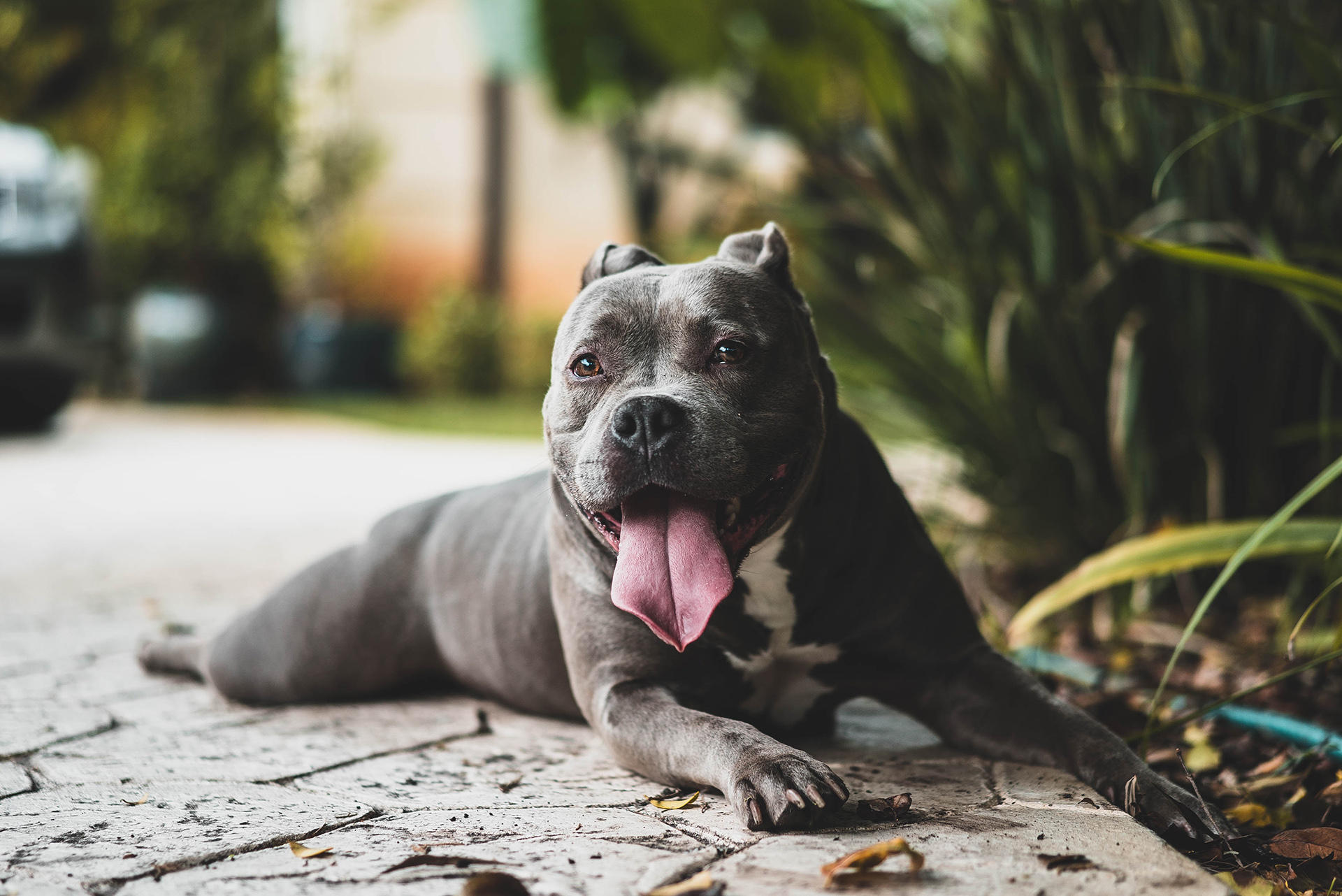
In a warm climate, the favorite appliance is the air conditioner! We often wonder how people survived before air conditioning—and while they just got used to the heat (or lived in cooler climates), we’re just as used to our comfort settings today. And so are your pets.
Your household pets live in the same air-conditioned climate that you do, and, if left home all day, may spend even more time entirely indoors than you do. So there are important considerations in how you maintain both your HVAC equipment with the added furry resident(s), and your comfort settings to consider the needs of your four-legged family members.
Keeping Cool
If you’ve got an up-to-date air conditioning system with even a basic programmable thermostat, chances are that you program your AC to run at comfortable temperatures while you’re home, but bump up the set temperature to save a little energy and money when you’re not. But if you have pets staying in the household while you’re at work, it’s important to choose “away” temperatures that are still safe and comfortable for your pets. After all, they’re household members too. This is especially critical if you have a dog with a heavier coat or a cat long-haired cat (for example). If you would be uncomfortably warm at that temperature, you can bet your furry friend is even warmer.
Humidity levels are another important consideration. Air conditioning dries the air (which helps make it more comfortable), but if it runs too much and strips the air of moisture, it can cause skin problems (cracking, dryness, itchiness, and discomfort). And this affects every member of the household—four-legged included. On the other hand, allowing too much humidity (which can happen if you try to compensate by constantly keeping the fan in “on” mode) can lead to mold and mildew growth—so this is certainly not recommended.
Now if your pets are of the reptile variety, they have different needs—and those include not just when you’re away but while you’re at home too. Make sure that you follow the recommendations of the reptile experts who helped make your pet part of the family to provide them the most healthful and comfortable environment.
Keeping Clean and Efficient
AC filters are necessary because both outdoor and indoor air contain a variety of contaminants including dust, skin cells, and more. So adding a pet to the mix—especially a furry one—means one more source of filter-clogging particles. Keep your HVAC system running efficiently by choosing the right amount of filtration, and changing (perhaps a little more often) filters for best performance.
If your pet(s) also have quick access to your property through a pet door, you’ll also want to make sure that the framing is well sealed when closed. It’s another avenue to introduce unfiltered outside air, as well as energy leaks. A good seal (that your dog or cat can still push through) will assist your AC to work more efficiently.
Keeping Safe
Finally, safety around HVAC equipment is a necessary consideration. Does your dog or cat have direct (and potentially unsupervised) access to the yard where your outside condenser unit is located? Consider constructing a fence or barrier around the unit to protect your pet from exposed wires and tubing, as well as the condenser’s own coil fins (which may attract your pet while spinning. A fence or enclosure helps avoid pet injury as well as damage or corrosion to the unit and condenser coil fins due to clawing or urinating. Preventing digging around the unit also avoids the chance of the condenser unit being moved out of level, which can mess with the unit’s ability to run correctly.
Regular Maintenance
No matter what conditions your HVAC operates under—with or without pets—regular professional maintenance will add life to your system, and save money in the long run in terms of emergency repairs and early replacement. So give us a call for all your maintenance and repair needs, so you and your furry family members can keep cool all year long!







